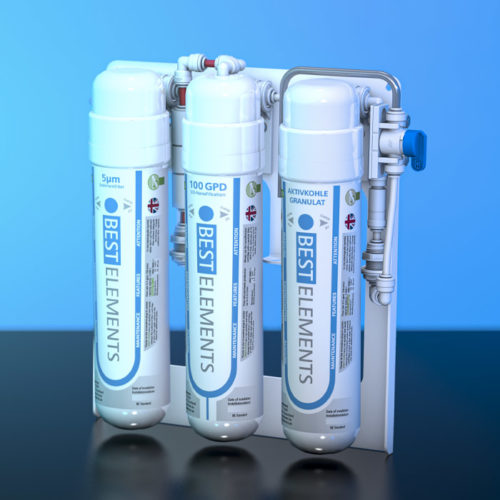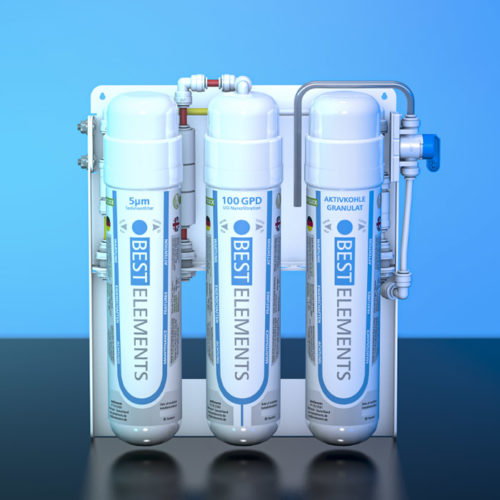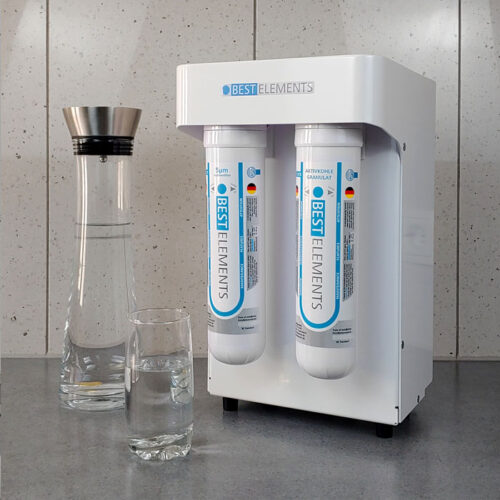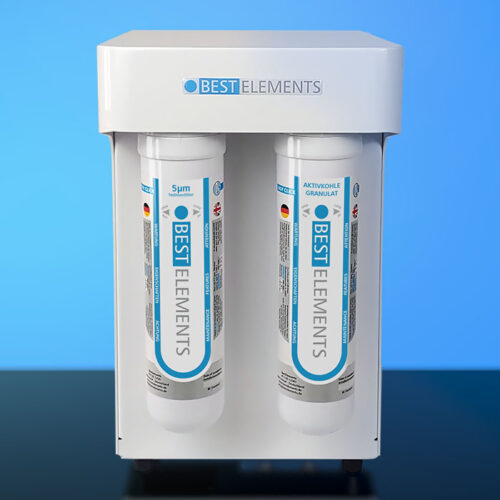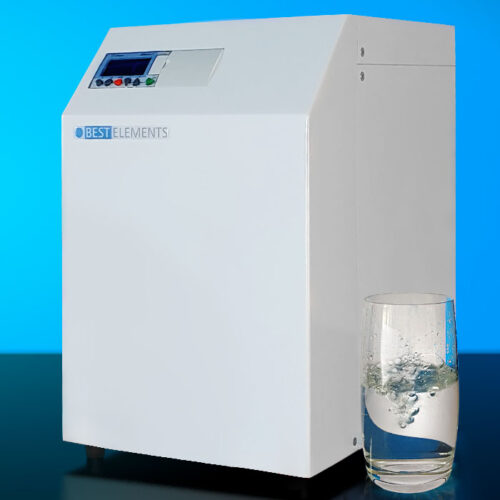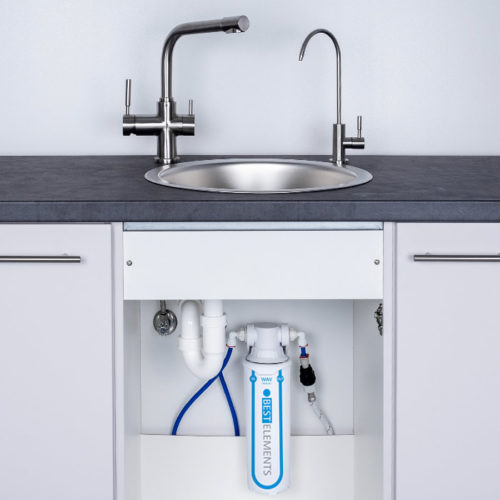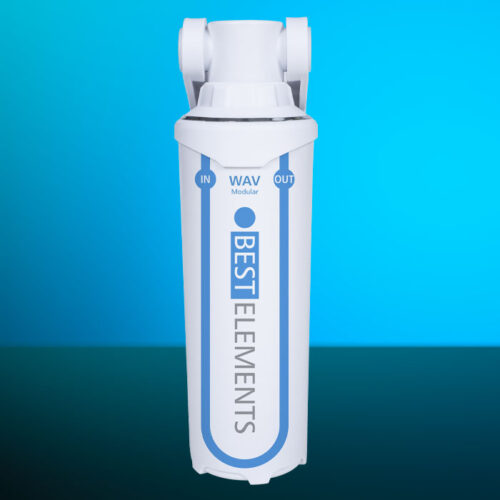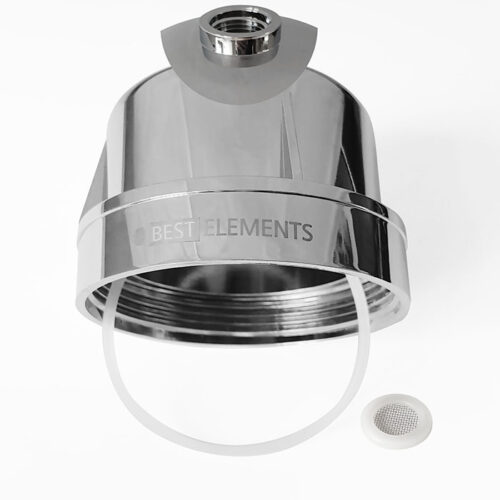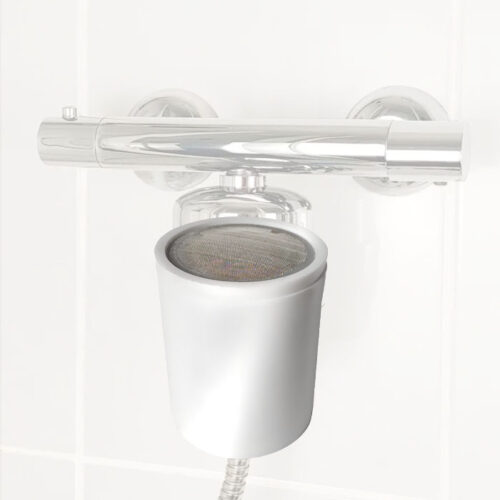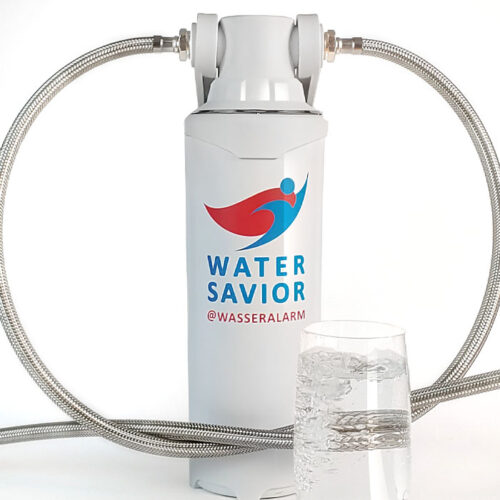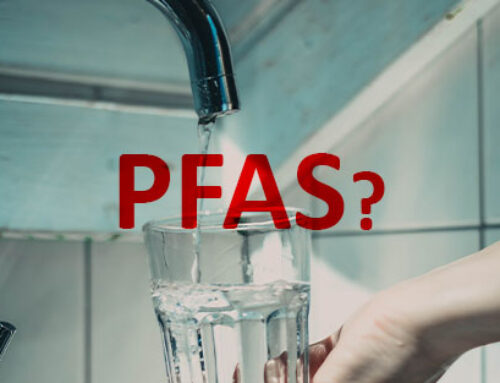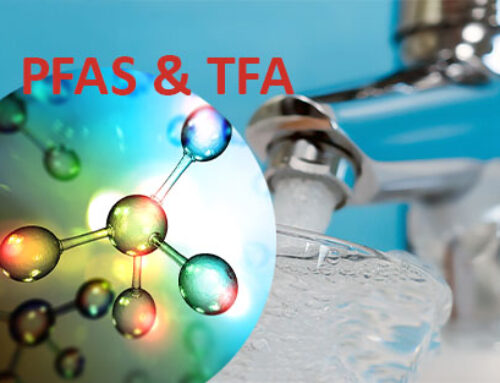Ibuprofen, Diclofenac and Carbamazepine
Pharmaceuticals in wastewater are a well-known environmental problem
Drugs in wastewater are a known environmental problem Environmentalists and authorities in Europe and the US have compiled a list of drugs that may have particularly harmful effects on the environment and human health. The list includes a total of 12 active ingredients, including antibiotics, hormones and painkillers.
Therefore, environmental authorities have taken steps to ensure the safe use and disposal of these medicines. Medicines are monitored to ensure that they are used and disposed of safely and in an environmentally friendly manner. This includes, for example, monitoring production, use in animal husbandry, in hospitals and care facilities, as well as monitoring wastewater and sewage treatment plants.
The list of 12 medicines aims to help raise awareness of the impact of medicines on the environment and health, as well as increase efforts to develop and promote more environmentally friendly alternatives. Consumers can also make a contribution to environmental protection by disposing of medicines properly, for example by handing them over to special collection points or with household waste.

